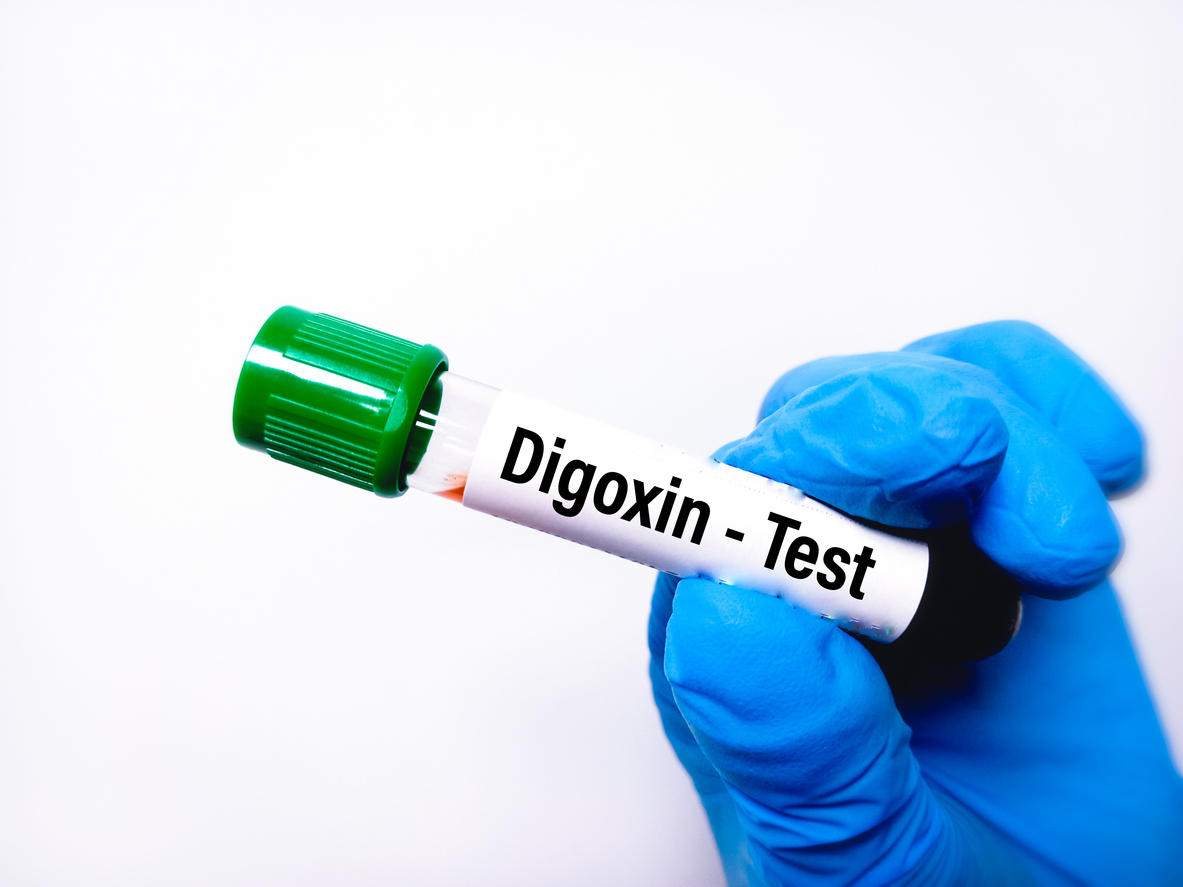2024-09-17
Expert consensus on the diagnosis and management of digoxin toxicity
Cardiology and Vascular Medicine
Source(s) :
Jason B Hack, Sue Wingate, Ron Zolty, Michael W Rich, Paul J Hauptman ;

Last press reviews
A post-exercise infrared sauna session: a booster for neuromuscular recovery or just comfort?

By Lila Rouland | Published on December 15, 2025 | 3 min read<br>
Cinnamon: more than just a spice?

By Ana Espino | Published on December 12, 2025 | 3 min read<br>...
Pneumothorax: surgery or patience?

By Ana Espino | Published on December 11, 2025 | 3 min read<br>...